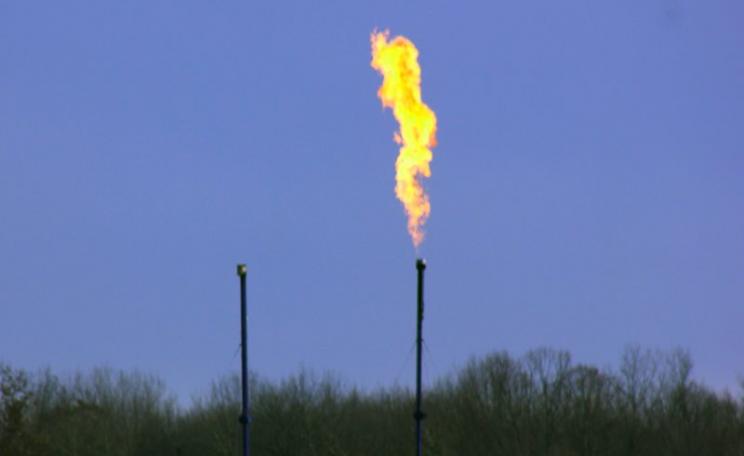Decentralised solar energy systems provide direct benefits to local communities because they provide obvious economic and social benefits to their owners
Morocco is being widely portrayed around the world as one of the leading countries in renewable energy deployment. The countries’ government has set one the most ambitious targets with a 52 percent installed capacity renewable energy (RE) share by 2030.
It has already achieved great success in the RE sector with the launch of the Noor Ourzazate solar project – the largest concentrated solar power plant in the world – and the Tarfaya wind park, which is Africa’s largest wind project.
Various benefits
Large scale RE projects like the Noor Ouarzazate solar farm are a great way to fight pollution and help to set Morocco on the right path in the fight against climate change.
However, immediate benefits of these kind of projects to the local communities are less evident, which in turn affects the public support for renewable energies. For people in local communities, electricity still comes from the grid, they still pay the same - or an even higher – electricity bill, and the environmental benefits are not immediately palpable for them.
In order for the local communities to feel the benefits of renewable energy projects and understand their advantages, they need to be able to use it in a more direct and personal manner.
Decentralised solar energy systems provide direct benefits to local communities because they provide obvious economic and social benefits to their owners, for example they can sell the excess power back to the grid and therefore alleviating their electricity bills.
Moreover, due to the direct contact with the technology, the use of decentralized solar energy systems is an essential tool in educating the local communities about the importance of the fight against climate change and the various benefits of clean energy.
Decentralised solar energy systems provide direct benefits to local communities because they provide obvious economic and social benefits to their owners
Experiments and technologies
Greenpeace Mediterranean has been working on raising the level of awareness about Decentralised solar energy systems, and its ultimate aim is to catalyze the deployment of decentralized solar energy in the North-African kingdom to complement macro scale renewable energy development.
Greenpeace has recently launched its Youth Solar project in Morocco, creating a network of solar ambassadors, “La Caravane du Soleil”, that started off by training 20 Moroccan volunteers to become true solar ambassadors that help spread the benefits of solar energy top-down to local communities through a collaboration with NGOs and Moroccan key influencers, thus creating a multiplier effect, passing on so-called solar skills.
A solar cooking training was organised in Ait Faska, a village in the Marrakesh-Safi region in Morocco, as part of the Morocco Solar Youth Project of Greenpeace.
"The main goal of the Youth Solar Project is to showcase the fantastic potential and benefits of decentralized solar energy by spreading Solar Cooking experiments and technologies in rural areas of Morocco," states Julien Jreissati, campaign manager of Greenpeace Mediterranean.
"If you can harness solar energy from scrap material and use it to power an everyday task, can you imagine the potential of advanced decentralized solar technologies?"
Decentralised solar
The ultimate aim of the ongoing DIY solar cooking project is to help build a story and narrative that showcases the great advantages, both to the public and the Moroccan government, that decentralized solar energy brings. Ghalia Fayad, the Arab world and North Africa Program leader at Greenpeace Mediterranean, explains:
"Decentralized solar energy systems provide obvious economic and social benefits that macro renewable energy projects don’t. Ideally, if green loans are made available, owners of solar systems could alleviate their energy bills and even sell electricity by providing excess power to the national grid.”
“But for that to happen, Morocco urgently needs to work on creating a more enabling environment ... for a fast deployment of decentralised solar energy.”
This Author
Lina Yassin is Climate Tracker's MENA Programme Manager. She is a chemical engineering student from Sudan.




